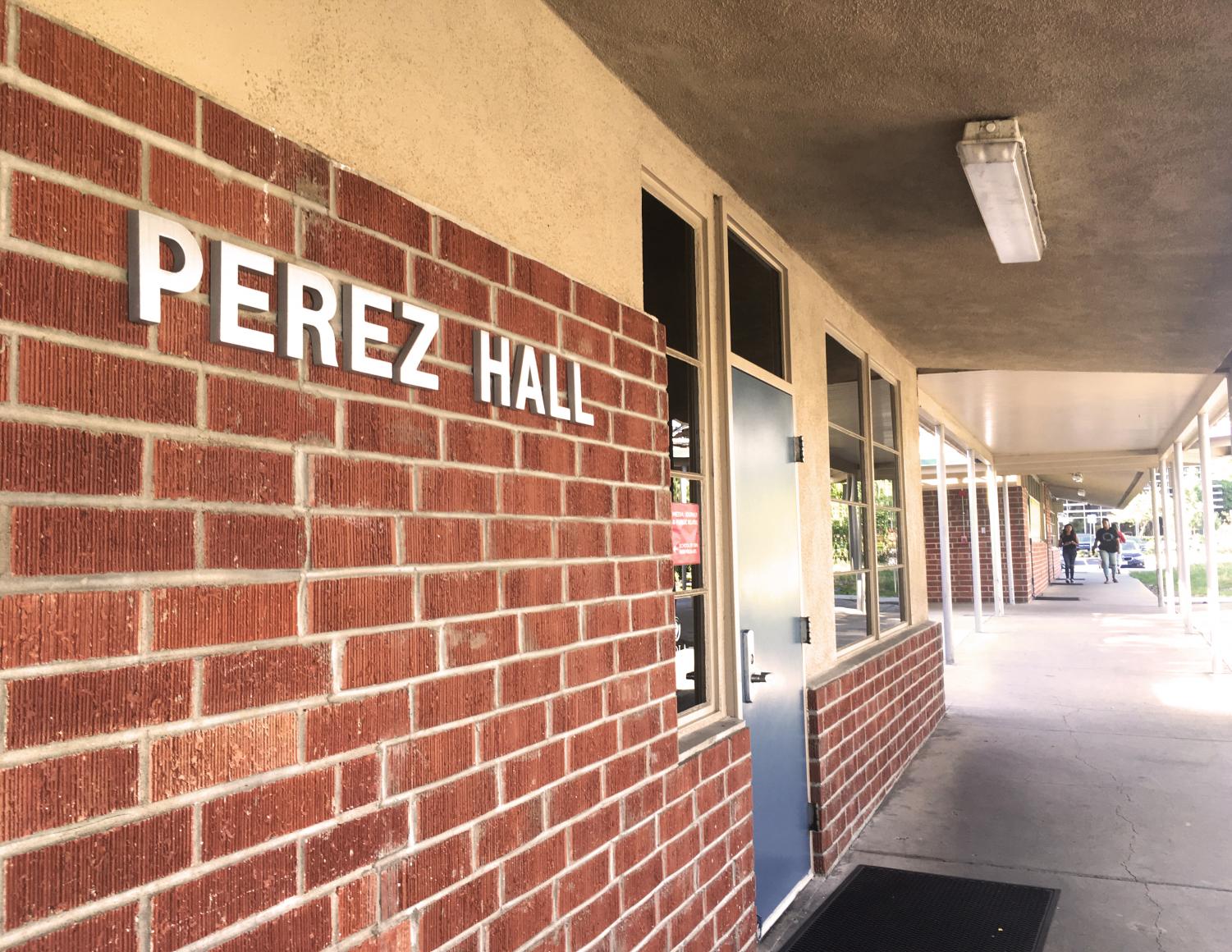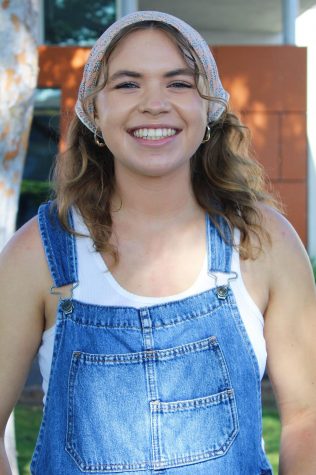Student journalists at Liberty University have been silenced. Last summer, The Washington Post reported that administrators at the university, under the leadership of President Jerry Falwell, have censored journalists at Liberty’s student newspaper The Liberty Champion by interfering with coverage, revising or even blocking articles that could potentially spark controversy.
Liberty deprived students of a well-rounded education by restricting them from sharing ideas and opinions that differed from the university—preventing students from exercising freedoms that are available at Biola, as administration here does not interfere with Chimes reporting. Universities should seek to serve their students by providing opportunities for students to voice their ideas, and students should exercise their freedoms in order to stand against censorship.
DANGERS OF CENSORSHIP
Censorship at private universities deprives students of holding their own administration accountable. The Washington Post reported that student journalists at Liberty University, one of the largest universities in America, were directed by an “oversight system” that required them to submit their articles to Falwell’s assistant for review, in which any administrators or professors mentioned in the submitted article could edit information.
By giving administrators and professors access to the editing process, the Virginia-based university takes the opportunity from student journalists to hold their own administration and professors accountable. A journalist’s job is to be a “watchdog,” preventing abuses of power by reporting and investigating institutions and leaders, as well as empowering readers with knowledge and information—no matter how damning this information is to those in power. At Liberty, the powerful are granted permission to alter the very information that holds them accountable.
Censorship at private universities deprives students of discussing diverse ideas and opinions that help form a well-rounded education. According to World Magazine, when Falwell endorsed then-presidential candidate Donald Trump in the 2016 election, Falwell began to review and censor articles written about Trump, cutting a story that criticized Trump’s “locker room talk” of “advances that he had made on women.”
CENSORSHIP RESTRICTS THOUGHT
Ideas are meant to be explored and questioned. By restricting the diversity of ideas and opinions, Falwell restricted students from understanding various political topics and issues. At a university that claims to be equipping students with the skills needed to succeed in their careers, students should have access to a platform that allows students to spark discussion that improves their understanding of the world around them.
Censorship at private universities also deprives the educational institution of moral integrity. According to World Magazine, the 2017 news editor of The Champion stated that the oversight the student staff received from administration created difficulties in reporting with the accuracy and fairness that they were taught in their classes.
The Champion’s writers are not free to report objectively under the control of their administration. Leaders of a university—especially a university that claims to hold Christian values—should seek to serve students by allowing them to develop truth-telling skills and integrity in reporting. The leadership of Liberty should seek ways to serve its students and allow them to grow, rather than restrict them from learning to be accurate and fair journalists.
In censoring students and depriving their education of the necessary tools to practice accurate and fair journalism, the administration at Liberty compromised its own integrity.
EDUCATIONAL GROWTH IN FREEDOM
As students of Biola University, the opportunity to exercise freedom of speech and the press allows us to be informed. Administration and campus organizations do not restrict students from access to information, nor do they censor information, creating opportunities for students to be well-informed about the leadership of this university. We are allowed to share differing political beliefs via student-led publications or social media, and these posts will not be removed if it does not coincide with the beliefs of Biola administration. In allowing students to share their diverse opinions and ideas, Biola encourages discussion. It allows students to formulate and refine their ideas through exposure to an array of different perspectives through thought and discussion.
FIGHTING AGAINST CENSORSHIP
Freedom of speech and freedom of the press, even in private educational institutions, should be valued by all students that seek to expand their knowledge and understanding. Administrators should not be allowed to deprive their students of information and discussion that is essential to their education. Especially at Christian universities, it is crucial that students discuss diverse topics and ideas that refine beliefs.
As students, there are many ways to expand ideas and take a stand against censorship and deprivation of a well-rounded education. Do not be afraid to speak up if someone in power discredits the validity of an idea, simply because it is different than their own. Have a discussion with someone who does not agree with you politically or religiously. Read a book that is about an unfamiliar topic. Read an article and talk about it with a friend. Write an article. When we choose to speak, learn and share ideas, education thrives.








